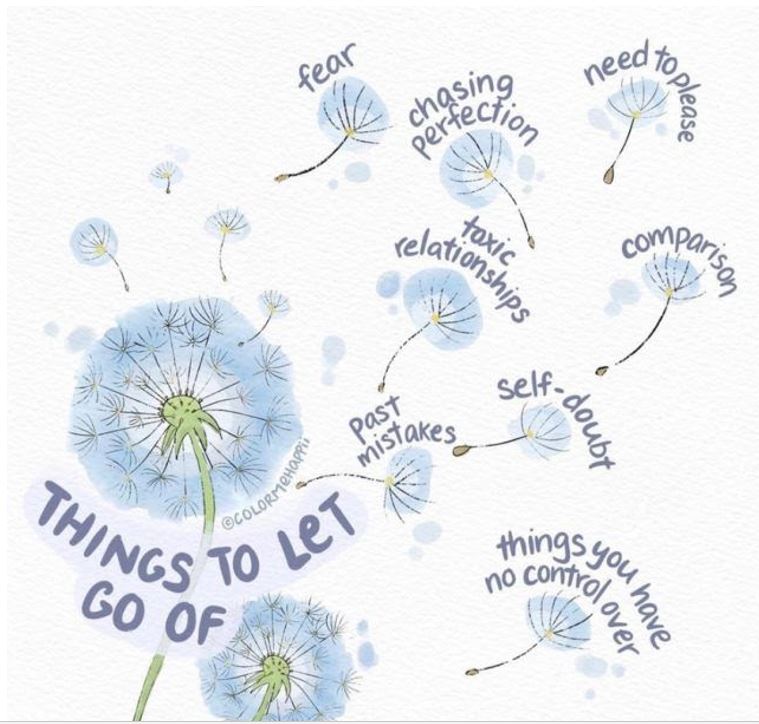How to cultivate Compassion?
- Start by practicing self-compassion
When we make mistakes, we all have harsh inner critics that evaluate us, tear us down, and punish us. You’ll find it tough to be compassionate with others when they exhibit their humanity as long as you have an inner general berating you for your unavoidable flaws.
- Put yourself in someone else’s shoes
Life is difficult, but we are all doing our best. “Be kind, for everyone you meet is waging a hard struggle,” as the saying says.
- Practice kindness, without people-pleasing
“My faith is extremely simple,” says the Dalai Lama. Kindness is my religion.” Many people, on the other hand, conflate people-pleasing and approval-seeking with kindness. Kindness does not include sacrificing your values to make someone else happy. Genuine kindness originates from a point of inner wholeness, where the giver and receiver are the same. True kindness blesses you as much as it blesses the person you’re serving, whether you’re providing presents, offering forgiveness, or bestowing affection.
- Relax your judgments
What if we could simply let go of all our dualistic judgments that categorize everything as “right” or “wrong,” “good” or “bad?” What if we could just accept that life is difficult and that everyone is doing their best? Getting rid of self-judgments is the first step toward letting go of other people’s judgments.
- Heal your trauma
If you don’t let go of unresolved trauma, you’ll unwittingly traumatize others. Inner unrest tends to inflict outside turmoil, just as the abused child often grows up to be the abuser. If you require profound inner healing, seek the help of a qualified therapist, spiritual counsellor, or life coach who can guide you through the process. Compassion is a natural by-product of doing the work to heal your psyche and connect to your soul.


- Practice presence
Try to be fully present with everyone you come into contact with. Avoid looking at your phone, multitasking, peaking at the TV behind your lunch date, or paying attention to anyone besides the person with whom you’re having lunch. Make eye contact with the other person. Take note of your body language. Examine whether you can truly sense what the other is thinking beneath the words. When you’re fully there, you’re more likely to be perceived as compassionate.

